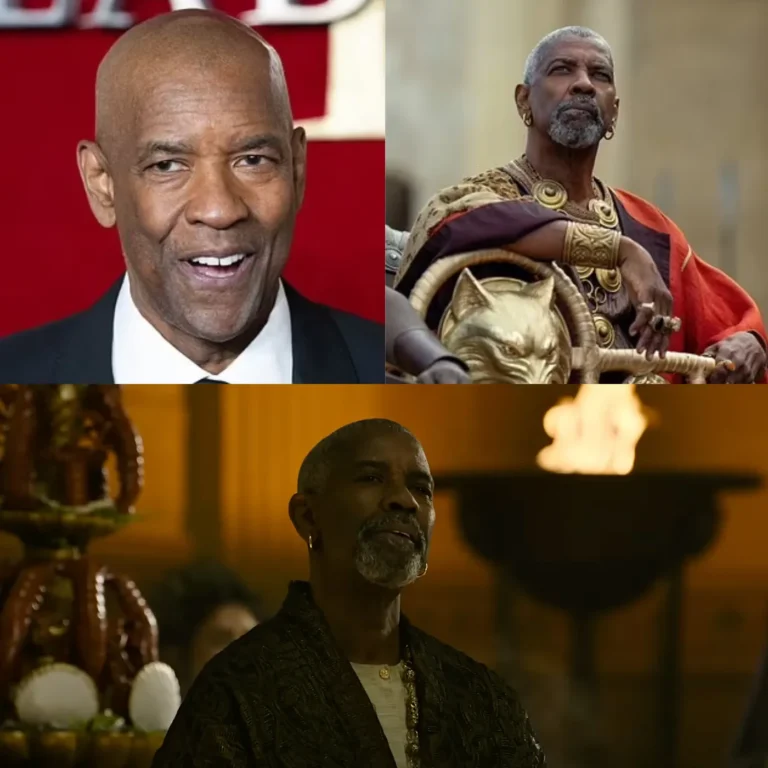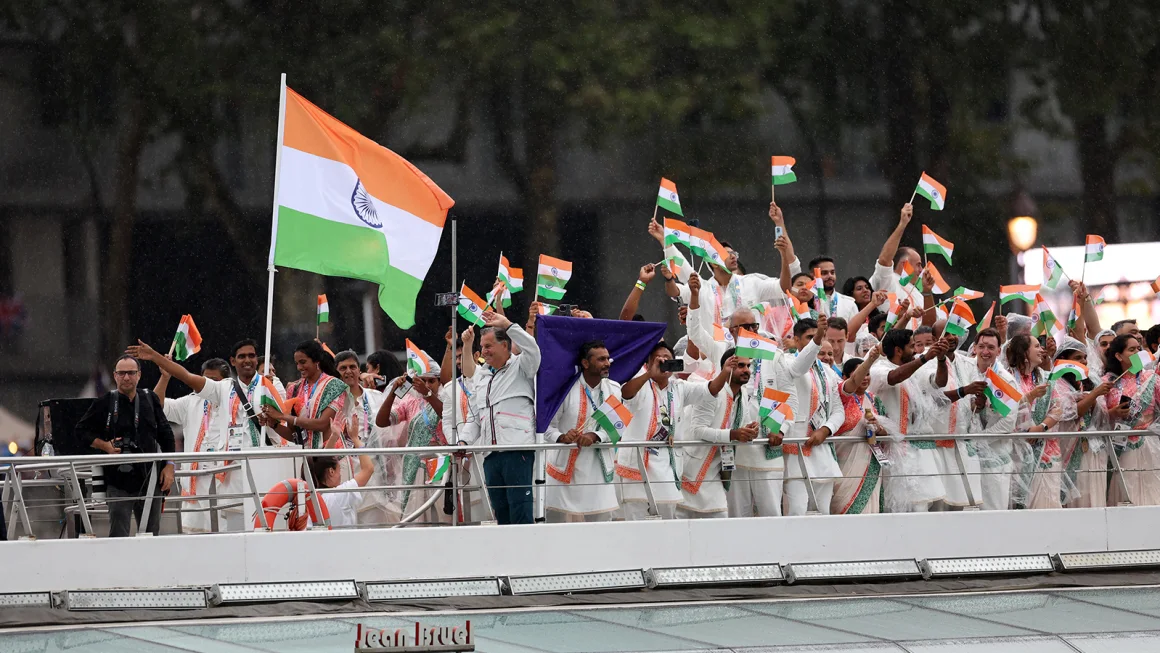
India’s Abhinav Bindra made history at the 2008 Beijing Olympics by winning the country’s first individual gold medal in the men’s 10-meter air rifle event. This landmark victory was seen as a potential turning point for India’s Olympic fortunes. However, 16 years later, the nation’s Olympic performance remains underwhelming, with only one additional gold medal to show for it.
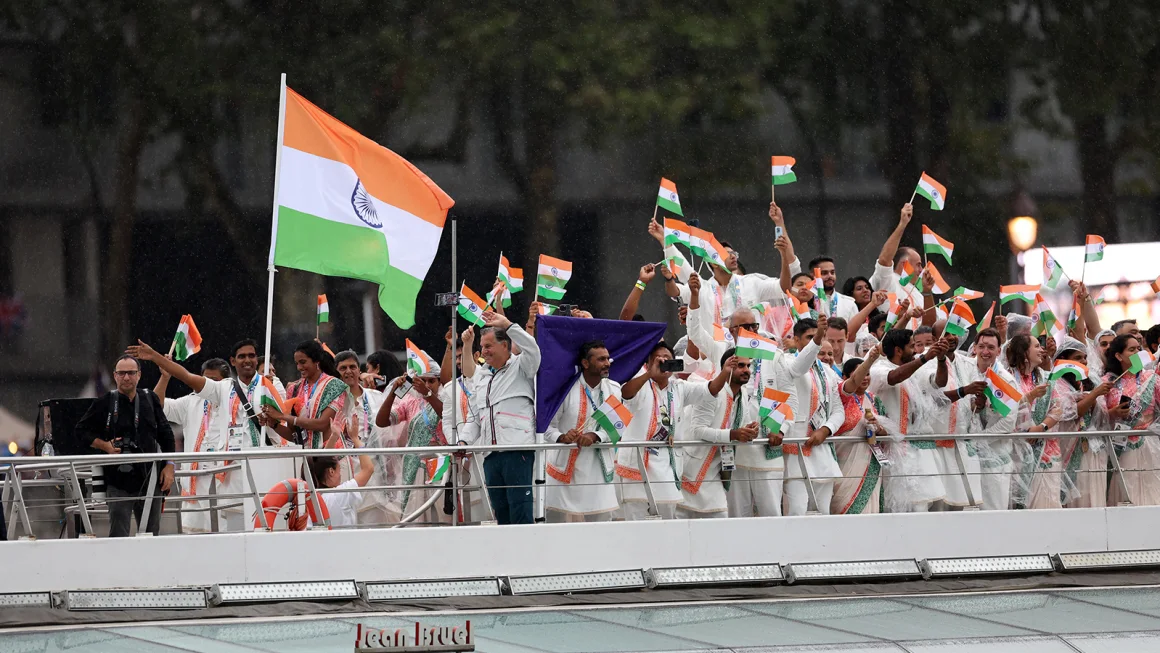
Despite being the world’s most populous country with over 1.4 billion people and recently surpassing Britain to become the world’s fifth-largest economy, India struggles to translate its vast resources into Olympic success. Last year, India celebrated a notable achievement with its successful moon landing and continues to gain global influence under an ambitious prime minister. Yet, when it comes to the Olympics, India falls significantly short of expectations.
In the recent Paris Olympics, India earned just six medals, falling short of its record haul of seven at the Tokyo 2021 Games. The United States, with a population less than a quarter of India’s, led the medal tally with 126 medals, while China followed with 91. India ranked 71st in the medal standings, trailing behind smaller nations like Georgia, Kazakhstan, and North Korea.
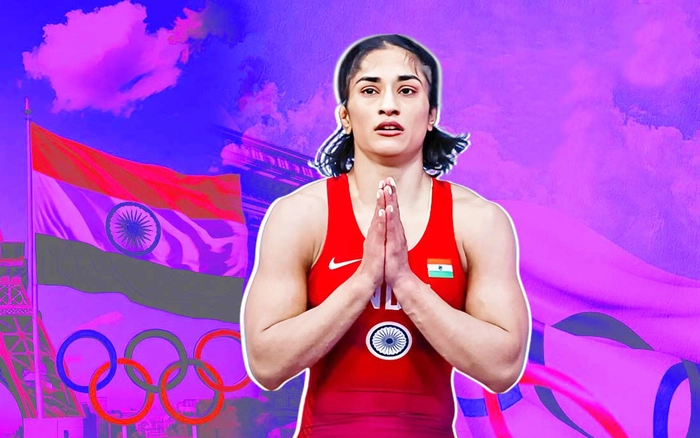
Since making its Olympic debut in 1900, India has accumulated only 41 medals, all in the Summer Games. Ronojoy Sen, author of *Nation at Play: A History of Sport in India*, notes, “India has been an underperformer in the Olympics and generally in global sports. The population-to-medal ratio is probably the worst.”
Among the few highlights for India in Paris were Neeraj Chopra’s silver in javelin, adding to his Tokyo 2020 gold, and Manu Bhaker’s double bronze in shooting, making her the first Indian woman to win two medals at the same Games. However, Vinesh Phogat’s attempt to become the first Indian woman to reach a wrestling final ended in disappointment as she was disqualified for failing to make weight, and her appeal for a silver medal was rejected.
**Key Challenges Affecting India’s Olympic Performance**
Several factors contribute to India’s underperformance at the Olympics:
1. **Underinvestment in Sports:** Unlike traditional Olympic powerhouses like the USA, China, and the former Soviet Union, India has not invested significantly in a national training program. Sen points out that sports in these countries were historically linked to national pride and global recognition.
2. **Lack of Talent Identification and Development:** Successful Olympic nations identify and nurture talent from a young age. In China, for example, children are trained from early childhood. India, however, lacks a comprehensive system for spotting and developing young talent.
3. **Inadequate Facilities and Funding:** Access to sports facilities and funding is limited for most Indians. Boria Majumdar, author of *Dreams of a Billion: India and the Olympic Games*, highlights that while 1.4 billion people might be a staggering number, the majority lack access to quality sports infrastructure.
4. **Health and Nutrition Issues:** India faces significant health challenges that impact athletic development. Ranked 111th out of 125 countries in the 2023 Global Hunger Index, India has the highest child wasting rate globally and widespread malnutrition. These factors hinder the physical development necessary for high-level sports performance.
5. **Barriers for Women Athletes:** Women in India face additional hurdles in a deeply patriarchal society. Wrestler Sakshi Malik, who won bronze at the 2016 Rio Olympics, and other female athletes have faced significant challenges, including harassment and societal pressure.
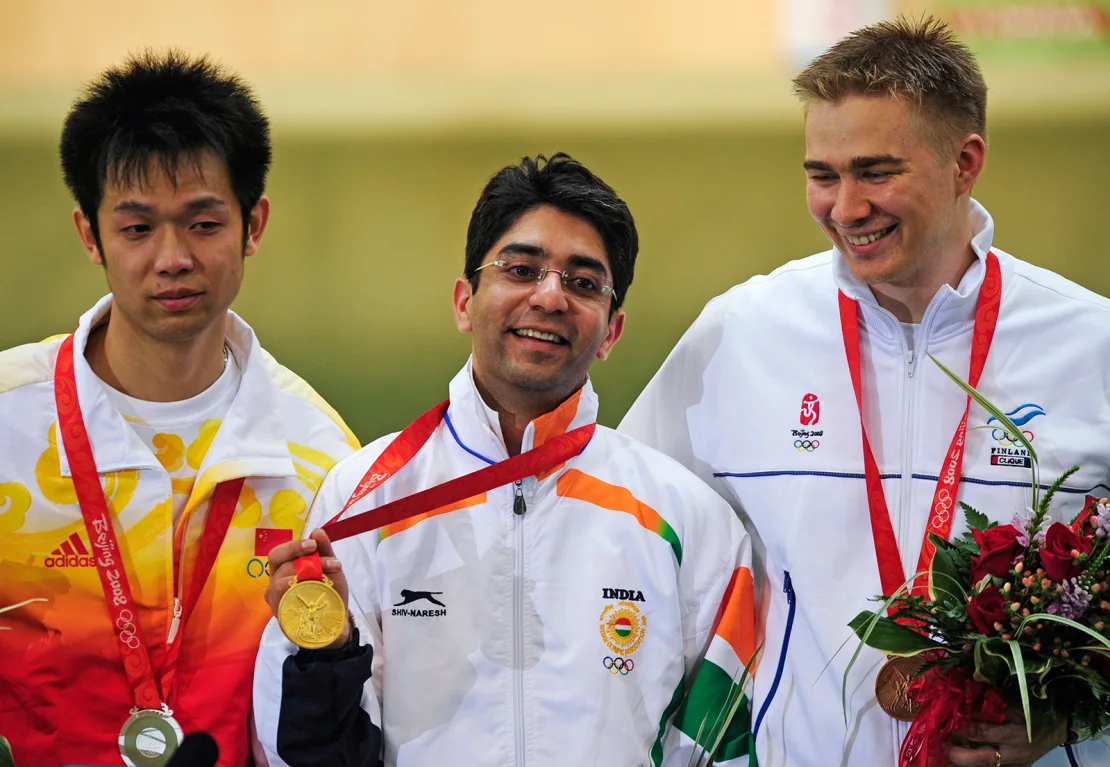
**Moving Forward**
Despite the challenges, there are signs of progress. India’s cricket dominance and the success of the Indian Premier League (IPL) demonstrate the country’s potential in sports. The government has also initiated programs like *Khelo India* to boost sports culture and talent identification. Additionally, the revamped Target Olympic Podium Scheme (TOPS) supports elite athletes with training and competition resources.
Prime Minister Narendra Modi’s recent initiatives, including a bid to host the 2036 Summer Games and potential sponsorship deals with the International Olympic Committee (IOC), signal growing Olympic ambitions.
Majumdar believes in India’s potential for future Olympic success. “I think the journey has started, but it’s not going to happen overnight,” he says, noting that increased investment in sports infrastructure could elevate India’s Olympic standing in the next decade.
As India continues to develop its sports infrastructure and address underlying issues, its Olympic performance may well see a significant improvement in the future.



